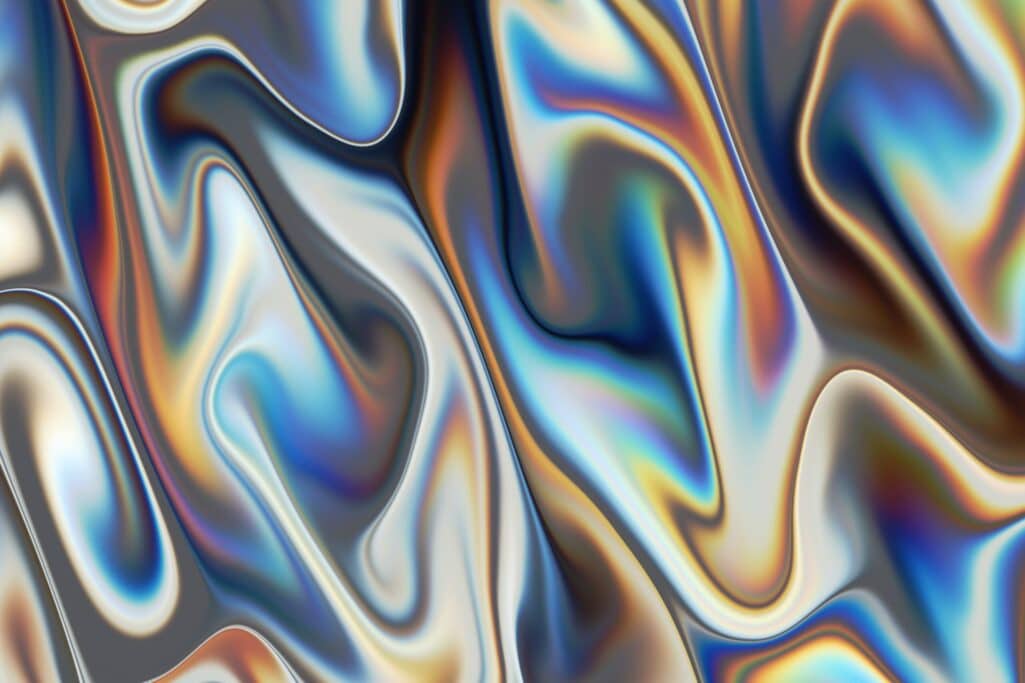Well, it turns out another turd plopped into this dung heap: an art gallery in St. Petersburg, Florida plans on exhibiting the hacked celebrity nude images in a show entitled “No Delete.”
Here’s a litigator’s perspective on ways to stop an exhibit like this one from happening (This is not legal advice, just musing):
— Send cease and desist letter.
— Copyright the images IMMEDIATELY and sue the artist and gallery in federal court for infringement; Obtain an injunction pursuant to 17 US Code Section 502. Fight off their fair use affirmative defense.
— Injunctive relief in state court. Florida Rules of Civil Procedure Rule 1.610 will provide a temporary injunction upon a showing that “immediate and irreparable injury, loss, or damage will result to the movant before the adverse party can be heard in opposition.”
— Campaign for Florida to pass a law criminalizing the nonconsensual distribution (and exhibition) of pornography. The model statute is here; Contact information for Florida Senators is here Contact information for members of the House is here .
— Campaign for St. Petersburg to pass a city ordinance criminalizing the nonconsensual distribution (and exhibition) of pornography. The model statute is here and can be modified to apply to a city; Contact information for St. Petersburg’s elected officials is here
— An individual right to privacy exists, but only if the State is the entity invading it. (See Fla. Const. Art. I Section 23).
— Intrusion upon Seclusion tort in civil court: Usually this applies to intrusions upon a person’s home, but it also applies to the taking of photographs or recording a person without consent. See Sec. 934.03(2)(d) Fla Stat.
— Appropriation tort in civil court: This applies to the unathorized use of a person’s name or photograph in an advertisement. Punitive damages when it’s for commercial use. The gallery and artist will claim the images are being used for artistic — not commercial use — but this tort has some legs, because clearly the artist and gallery have much to gain from this, both if they sell the images, and by way of valuable media attention. The walls of the gallery may be considered the locus of this “advertisement.”
— Publication of private facts tort in civil court: The elements are 1) the publication 2) of private facts 3) that are offensive, and 4) are not of public concern. The snag here is the “publication” element. Exhibiting the images on a gallery wall is not a publication. The term “private facts” extends to personal and sensitive matters. So I’d argue that how somebody appears nude is surely a private fact. In terms of the newsworthiness, private facts about celebrities and politicians are considered more newsworthy than those about Joe Schmoe, but it’s hard to argue that there is any meritorious news value in a person’s most intimate images.
— False light tort in civil court: This applies to when a person knowingly or recklessly expresses false statements about somebody else that are “highly offensive to a reasonable person.” This won’t work because in 2008 the Florida Supreme Court struck down this tort altogether in Gannett Co. v Anderson, 947 So.2d1. (Fla. Dist. Ct. App. 2006).
A few thoughts off the top of my head. Oh, and you could also publicly shame the artist and gallery, but that rarely works on sociopaths.



